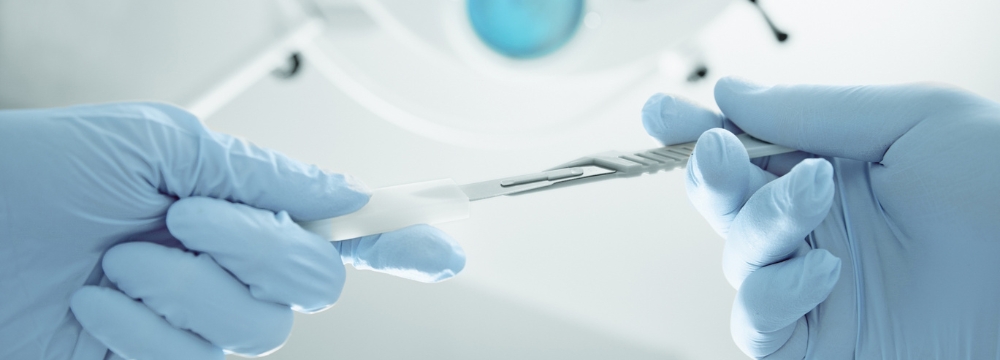If you’ve decided to stop having the ability to have children through a permanent form of birth control, you probably decided to have a vasectomy. A vasectomy is a permanent birth control method for men in which the travel of sperm to the urethra is blocked.
In preparation for the procedure, you should know what to expect for your vasectomy.
How Does A Vasectomy Work?
A vasectomy is a relatively quick procedure and usually takes about 30 minutes to an hour to complete. Generally performed at a doctor’s office or a surgical center, it sterilizes you by cutting and sealing the vas deferens that carry sperm from the testicles to the urethra. As a result, sperm is unable to get into the semen or out of your body. You will still produce sperm, but because there is no way for it to exit, your body will simply absorb it.
What Can You Expect From A Vasectomy?
Vasectomy is a low-risk procedure and is typically conducted in an outpatient setting under local anesthesia. The area is numbed, but you will remain awake during the procedure. Urologists are the specialists who perform most vasectomies.
In the initial appointment, you and your doctor may discuss the following:
- Your knowledge about vasectomy procedures and its permanency to make sure you are certain of not having children in the future
- How your partner feels about the procedure (if you’re in a relationship)
- The surgery, recovery, and possible complications that may transpire
- Other available methods of birth control
A vasectomy operation generally includes the following:
- You will remove any jewelry, clothing, and other objects that may get in the way before wearing a hospital gown. You will also empty your bladder before the operation.
- You will lay on your back on an exam table. The scrotum may be shaved and washed with sterile water.
- The specialist will inject a local anesthetic into the skin of the scrotum.
- During an incision vasectomy, the specialist will make a small cut in the upper scrotal area. On the other hand, a “no-scalpel” vasectomy involves creating a small puncture in the scrotum.
- The specialist will locate the vas deferens and pull it to the opening. You may feel a tugging sensation but not pain.
- The specialist will seal the vas deferens using surgical clips, tying, cauterization, or a mixture of methods. The vas deferens will then be positioned back into the scrotum.
- Finally, the incision will be closed.
What Happens After A Vasectomy?
You may experience bruising, swelling, and some pain after the procedure. These side effects eventually subside after a few days. Your doctor will also give you instructions to follow.
- Immediately consult your urologist if you experience signs of infection. Look out for symptoms, such as bleeding from the surgery section, a temperature of more than 38°C (100.4°F), swelling, and worsening pain.
- Use a supporter or tightfitting underwear for at least 48 hours following your vasectomy. You can apply an ice pack to the surgery site for symptom relief.
- Rest for 24 hours after the operation. Limit yourself to light activities for at least a week. Avoid strenuous activities, such as sports, lifting objects, and sexual activities.
- Use other methods of birth control until your urologist confirms the success of the vasectomy.
Urologist in Concord, North Carolina
A vasectomy is an excellent form of birth control for men. If you would like to explore whether this procedure is the right decision for you, consult with an experienced urologist today.
Dr. Richard Natale and his talented staff are very well experienced in performing vasectomies. We also provide a variety of other men’s health services. Visit us today and see how we can help you with your men’s health care needs.
To make an appointment, call (704) 786-5131 or schedule an appointment online.




